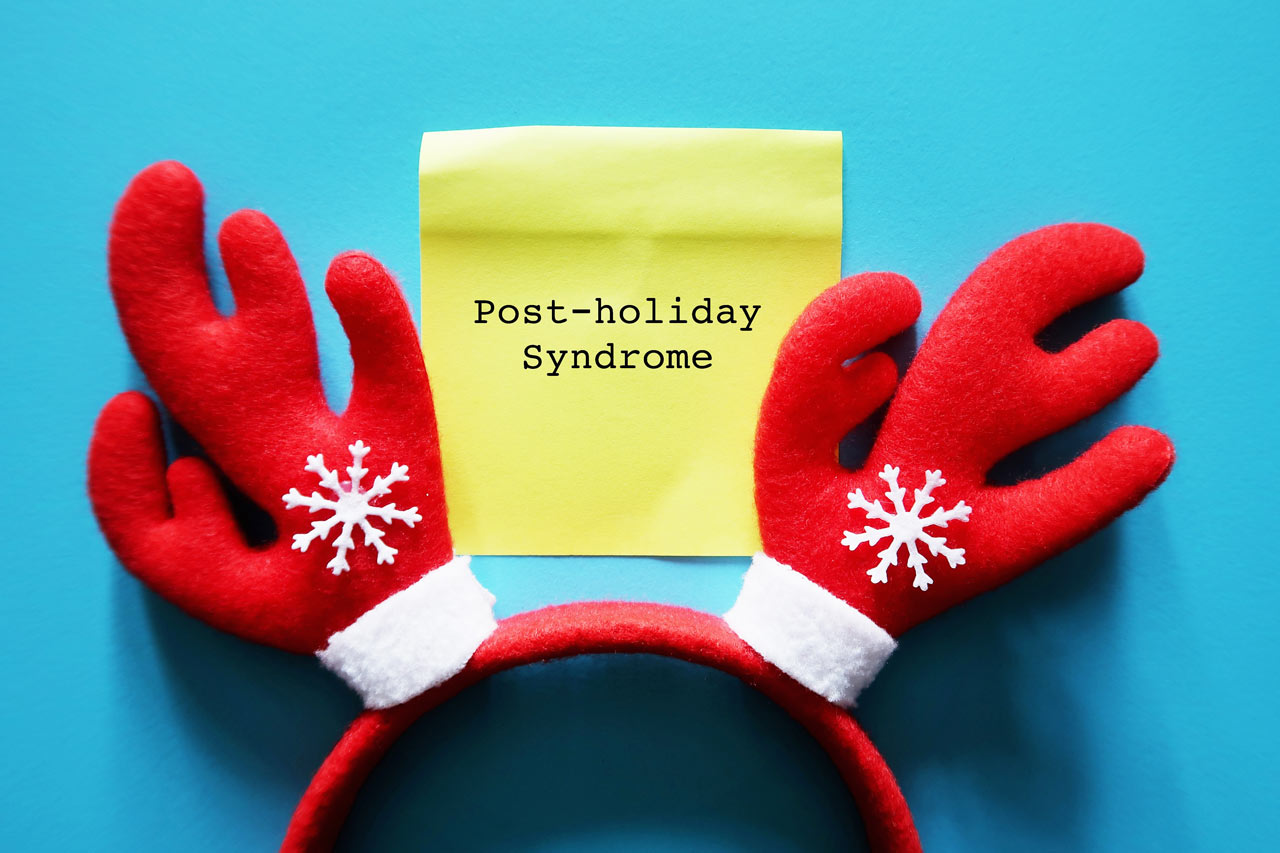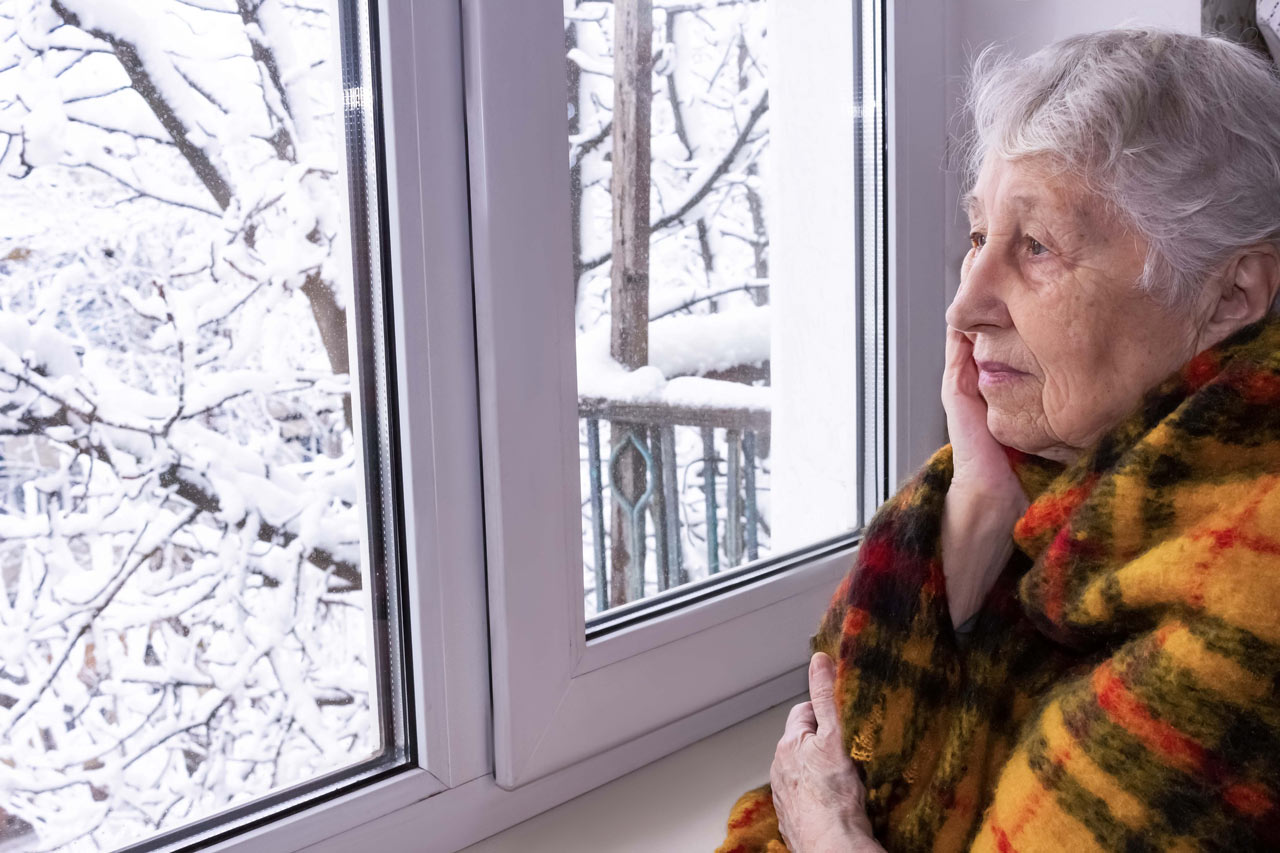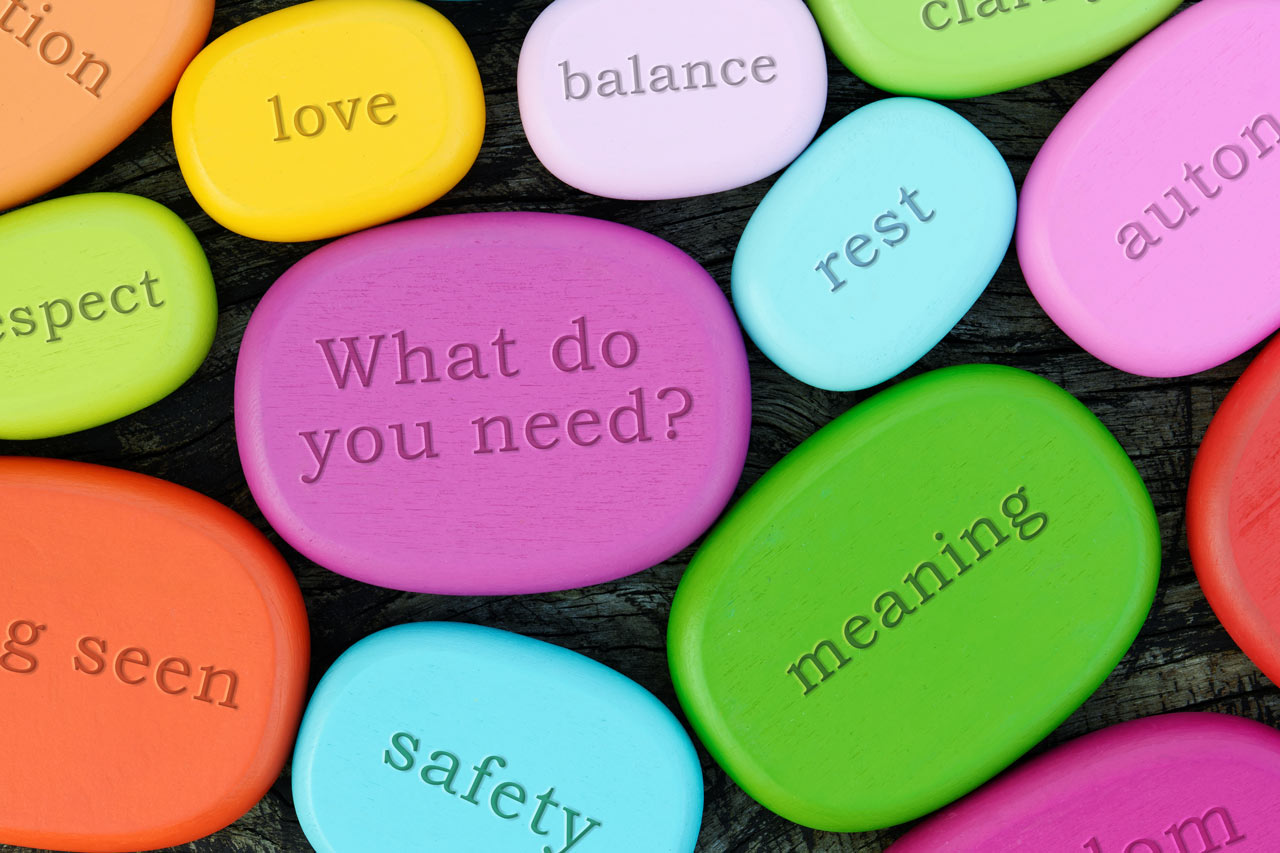Understanding Bereavement Overload: Essential Strategies for Supporting Elderly Loved Ones Through Multiple Losses and Compound Grief
Cumulative grief is a relatively new term for multiple losses. Another expression for this phenomenon is bereavement overload.
It is usually used to describe a particular kind of grief that results from many losses during a brief period of time. It is often the case for seniors because the elderly often lose multiple people when they reach a certain age. Their lifelong friends, cousins, members of their senior center, and old associates pass away in greater numbers as they all age. This is inevitable.
This means that there isn’t much time to adjust to one loss before another hits. It’s a very layered grief that revives other recent losses and is therefore cumulative. It becomes overwhelming because the individual cannot move along the mourning journey because another loss hits. Before she has time to process one loss, another hits and she must focus on dealing with the most recent loss without completing the journey to process the earlier loss, yet the impact of the earlier loss is there, under the more immediate loss. Cumulative grief also occurs when grief has been delayed or inhibited.
This can lead to emotional fatigue and depression. As one woman in her nineties told her children, “Do I have to outlive everyone?” She was obviously tired of being the survivor of her siblings, spouses, and friends and seemed to want to die before losing even more people.
Mourning the loss of multiple companions who shared a past with them as well as a relationship compounds. It builds up. It may exacerbate feelings of loneliness and isolation. It may have profound emotional, mental, and physical symptoms.
Caregivers often avoid telling their elderly, frail seniors about losses in their social and family circles for this reason. They don’t want to overwhelm them with yet another death of a close person. Nonetheless, the seniors do find out about many losses.
What’s a caregiver to do? First, understand that grief is layered and cumulative. It is profound and needs support and understanding. Getting help for both of you will make you feel better equipped to handle the emotional, physical, and mental stresses she is experiencing. Consulting a grief counselor or hiring one to come to the house makes sense. Medicare will pay for several sessions of therapy; some municipalities have programs that send clinical therapists into homes. Holding time and space to allow the person to tell stories, look at photos, and share memories makes sense if it is done with sensitivity and care. Listening is healing for the bereaved senior. A lot of listening helps even more.
More Caregiver articles from Caring Professionals Home Care Agency
- Mastering Caregiving: Essential Digital and Paper Organization Tips for Family Caregivers
- What they don’t tell you at the hospital
- Medication Management Tips
- Five Pro-tips for Dealing with a Hospitalized Loved One
- Hospital to Home Discharge Process: Essential Steps and Requirements
- Handling the Difficult Patient During a Medical Crisis





